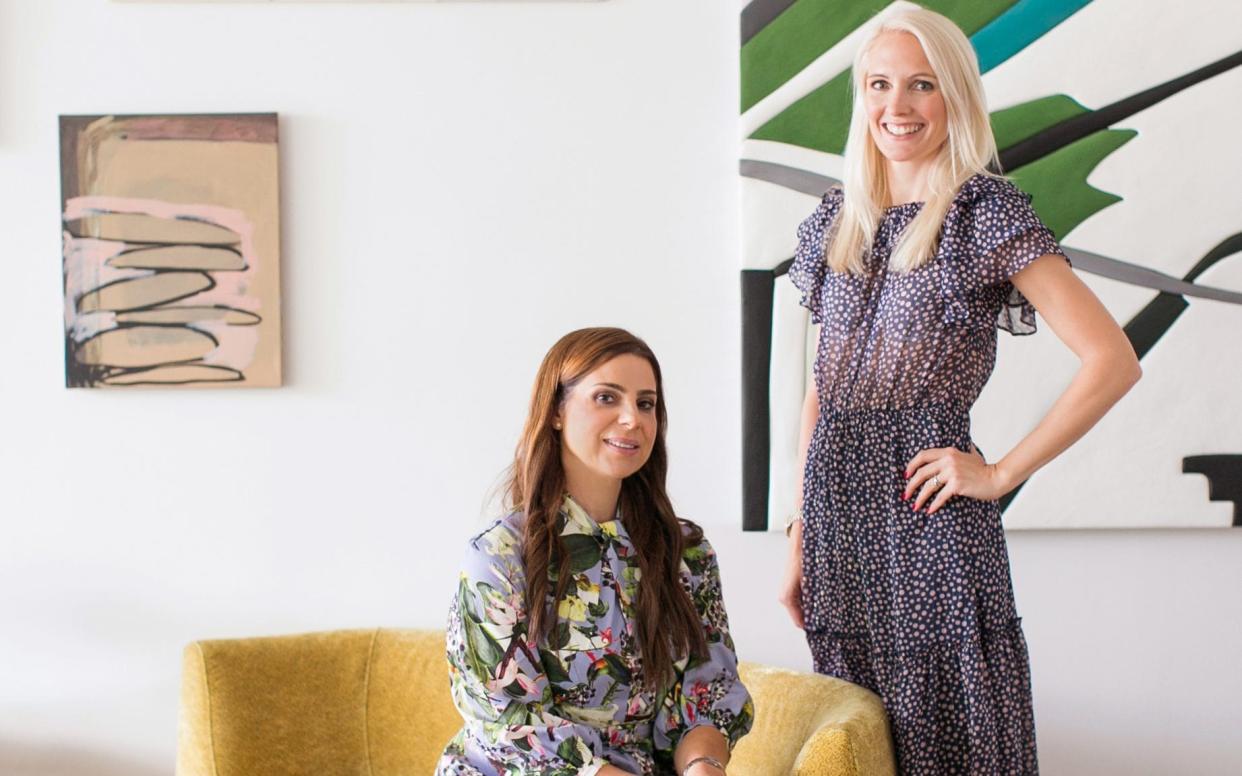How women are taking control of their work lives post-lockdown

To say COVID-19 has had a significant impact on women would be an understatement.
Reports over the last few months have made it abundantly clear that women have been disproportionately affected by the pandemic – through redundancies, taking on unequal shares of childcare and household duties while working from home and losing out on business funding.
Statistically, more women have been hit by debt and financial difficulties as a disproportionate number work in the sectors most affected by closures - including retail, hospitality and travel. For those fortunate enough to have job stability, many have reported difficulties in working remotely, with exclusion from the virtual decision-making process cited as a common frustration.
All of this has been incredibly disconcerting and has the potential to undo years of progress bringing gender equality into the workplace, as highlighted by the Telegraph's Equality Check campaign.
But despite this, we believe the future is looking bright. AllBright recently undertook a survey to see how our community is feeling after a challenging few months. The findings showed that professional women are emerging from the pandemic more resilient than ever, with many looking to invest in their development and future proof their careers.
Entrepreneurs see challenges as problems to be solved and this innovative thinking has come to the forefront over the past months, with one in four of our members now setting up their own business. The survey results showed that three quarters had been inspired to do so as a direct result of the pandemic.
Other findings showed us that 61 per cent of women are planning a total career pivot – with one woman resigning from her role as a senior solicitor and entering the world of fashion buying.
For those already running and scaling business, the situation remains tough. In June, Virgin Money reported that funding applications from female founders had fallen since the start of the pandemic in comparison to applications from men.
It is vital that we ensure the funding gap (with just 1p in every £1 of venture capital funding going to female founded start-ups in 2019) doesn’t widen as a result of this crisis. Female founders must be given the same opportunities as men to secure the capital they need to start-up and scale-up.
It’s fair to say there is a feeling of optimism - our data revealed that half of women feel the crisis has provided new opportunities. Many of the women we spoke to are planning on investing in themselves professionally, either through training courses or finding mentors, to ensure they’re on the front foot as we adapt to the new work landscape.
Of course, we’re well aware that not every woman is in a position to become their own boss or pivot their career - many feel powerless and unable to control their future. Closures and redundancies have affected part-time working women and the impact on their subsequent earnings has been significant.
That’s why sisterhood has never been more important. Every woman needs a tribe of other women who can support her, guide her through the tough times and celebrate when life is good. That’s why, in September, we’re kickstarting a new campaign called ‘Making It Work’ to support women at this pivotal time in their careers through online training, inspiring content and opportunities to connect with other women globally.
When lockdown began and our members couldn’t meet in person, we responded by launching AllBright Digital – a toolkit to help women connect, upskill and accelerate their career ambitions virtually. Over the last few months we’ve interviewed some brilliant, inspirational women, held Virtual Pitch Days and enabled our members to continue networking and learning from each other online.
The last few months have been incredibly challenging and there’s still a long way to go – but the resilience we’re seeing is encouraging. We must continue to support and uplift one another so together we can create change that stops the clock turning back for women.
